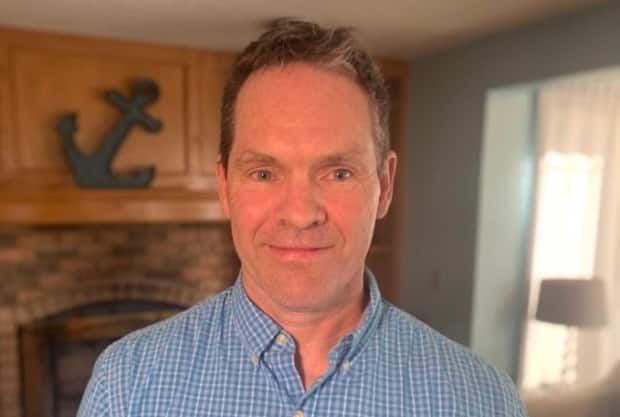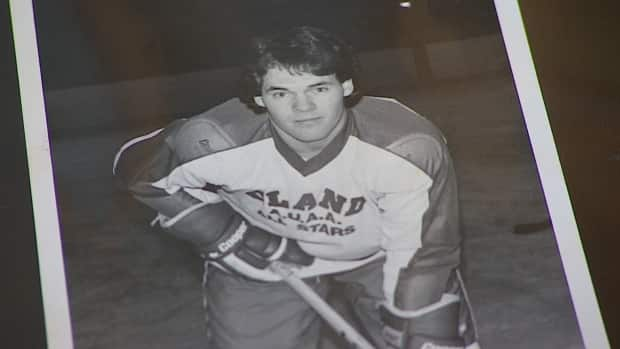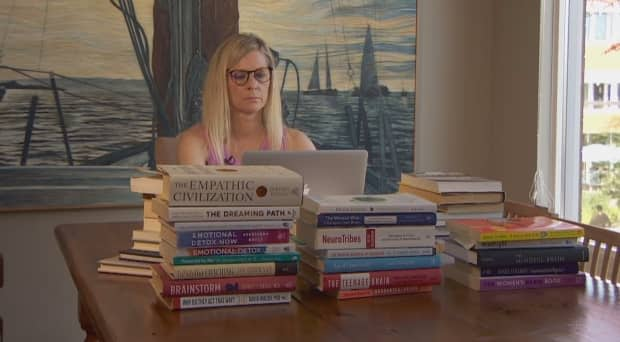Calls for accountability and change within Canadian hockey mount in the wake of national scandal

Calls for accountability and change within Canadian hockey are growing in the wake of the national organization's alleged sexual abuse scandal — but there is also hope it will be the catalyst to finally change the sport's toxic culture.
"I'm not sure it [change] can happen without a change in leadership," said Daryl Fowler, president of Hockey Winnipeg, which represents about 10,000 players.
'We've had the chairman of the board step down. There is some new things happening. We hope that we can do it with the leadership that's there. If not, again, you know, that's where the provinces and the members have to push and say, we want to see action."
With just weeks until hockey tryouts begin, Fowler said he is taking a lot of calls from concerned parents.
"Parents want to know what the fees are going toward, the $23.80 [per player] that gets sent on to Hockey Canada every year and how much of that money actually was used in this settlement?" he said.
"That's their concern. And, you know, rightfully so."
In April, a woman filed a $3.5-million lawsuit that alleging she was sexually assaulted by eight hockey players in 2018, including members of the world junior team.
Hockey associations and parents were outraged to learn that a special fund made up in part of their registration fees was used to help pay for the settlement.
Earlier this month, Canada's 13 regional hockey federations sent a letter to Hockey Canada, demanding a detailed action plan and a meeting by the end of November to address their concerns. They also threatened to withhold dues payments unless their conditions are met.
Hockey Canada responds
Since then, Hockey Canada's board chair resigned and was replaced by an interim chairperson, and a former Supreme Court justice was appointed to review the organization's governance structure.
This week, Hockey Canada posted a new job to overhaul the handling of maltreatment, harassment and abuse within the organization. It will involve the creation of a new player screening program and tracking system for complaints.
Several federations, including Hockey Manitoba and Saskatchewan Hockey, have said they are comfortable with the way Hockey Canada is proceeding.

But Fowler is skeptical about Hockey Canada's action plan and says it's time to push back.
"Just because somebody comes out and says, 'This is our plan,' we can't just sit there and say, 'Okay, great, we're going to drop it,'" he said.
"We want to see the accountability. We want to know that our voices are heard and that our members are represented."
But others see some hope on the hockey horizon.
'I want to take this sport back'
"We're cautiously optimistic that this particular one might be the catalyst or a watershed moment to say, 'No more. We are going to investigate and we're going to bring the community or communities involved in restructuring and reframing what it is to be a boy and a man in the context of hockey,'" said Tim Skuce, an associate professor in the faculty of education at Brandon University.
As an elite hockey player, Skuce said was disturbed by some of the things he saw in locker rooms and at team events in the 1970s and '80s, but he didn't feel he could tell anyone.
"Misogynistic comments, homophobic slurs, notions about hypermasculinity, about manning up," he said.
As an academic, Skuce decided to study hockey culture. In one project, he looked at how playing elite-level hockey shaped and influenced an understanding of what it is to be a boy or a man. The second looked at elite-level hockey players who were trying to resist the dominant culture of hockey.
He found out some players were still deeply impacted by their experiences many years later, wishing they had spoken up at the time.
"I think one of the most poignant things that come to mind is how deeply ingrained hockey culture is, is that this former NHL player who also played college at the end of the interview, he said, 'I had never thought about how hockey is shaped me as a father, as a husband and as a man,'" Skuce said.
"So I think it's one of those things that how deeply systemic playing hockey in that culture gets involved in who you are and your notion of identity."

Skuce knows all the benefits of the sport, but as a father, he is now struggling with whether to register his 10-year-old son in hockey this fall. "What is he learning through the game of hockey and how do we have a say in what that's going to be? How is he going to develop his character and his thoughts about women?"
Many players and parents have the same concerns and criticisms but they're afraid to speak up and rock the boat, worried that their children will be ostracized.
"That's the type of culture we need to change," said Hockey Winnipeg's Fowler.
"We need to be raising good people. That's part of being part of the hockey. You know, there's a social aspect in that. … And you can't raise good people if it's a toxic culture."
WATCH | Janelle Forcand explain why she wants to 'take this sport back':
It's one reason Hockey Winnipeg is launching a new recreational hockey program that will make the sport more welcoming, accessible, diverse, and hopefully, safe, said Janelle Forcand, Hockey Winnipeg's grassroots programs co-ordinator.
"I want to take this sport back," she said.
A former player and award-winning coach, Forcand said she's felt discouraged about the state of hockey. Then she thinks about the friends she's made and the opportunities she's received, however, and she wants others to experience the same thing.
"It's not going to change overnight. But … we cannot give up because the moment we step out of the game, then it's never going to get better," she said.
'Held to the most lax standards'
One way it can get better, said Jennifer Fraser, an educator and author of The Bullied Brain, is to empower players, parents and victims to speak out — by holding leaders to account.
"The grassroots are never going to feel safe speaking out when there's a power imbalance," she said from Victoria, B.C.
"What we need to have is a law that says if you enable a crime like child abuse or if you enable a crime like gang rape, you cover it up, you are criminally liable. That would make a huge change right there."

Fraser thinks change needs to start at the top. She points to the resignation of Ken Starr, the former Baylor University president, who resigned his post after a sexual assault scandal involving its football team. Or Rutgers basketball coach Mike Rice, who was fired after video emerged showing him being physically and verbally abusive to his players, including making homophobic slurs.
"So you look at these kinds of examples and then you look at Canada where no one is ever held accountable. It's amazing," Fraser said, adding she thinks the board and "bureaucrats" at Hockey Canada should step down.
"They need to resign, as leaders do, when they have abjectly failed in trust, in transparency, in fiduciary duty, especially since they're involved in organizations that have children and youth. They should be held to the most rigourous standards, and they're actually being held to the most lax standards."

 Yahoo Sports
Yahoo Sports 